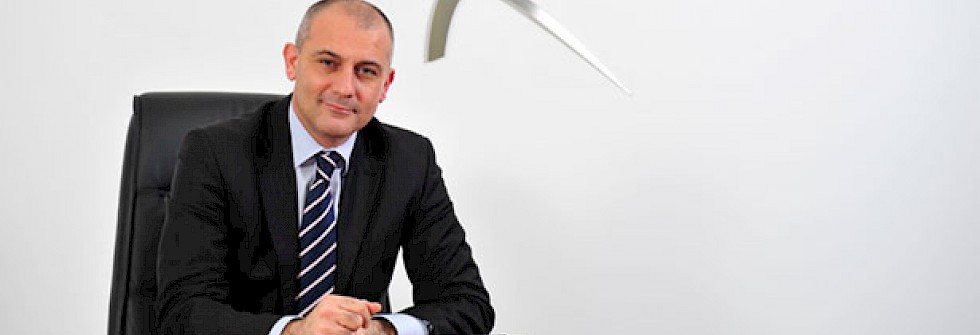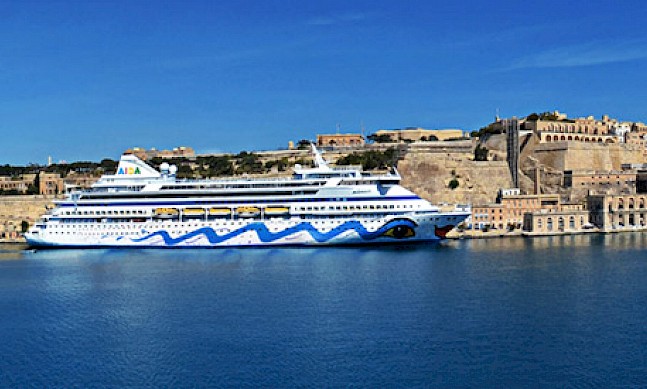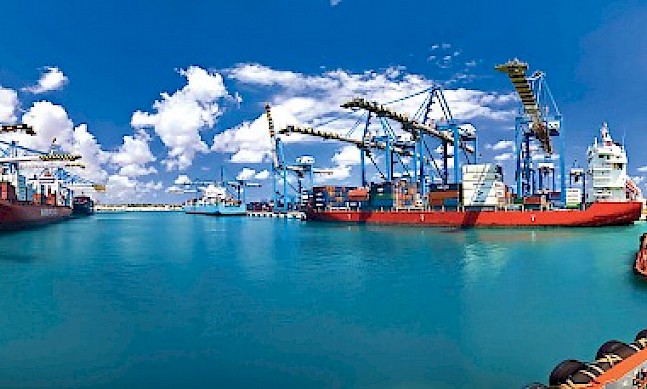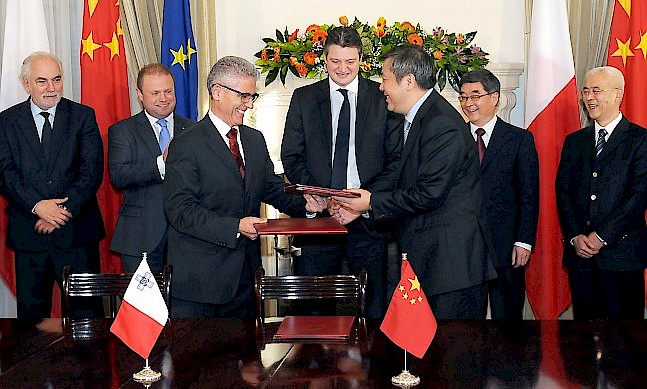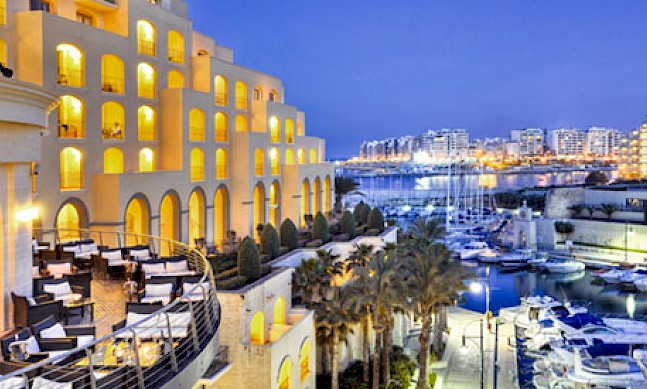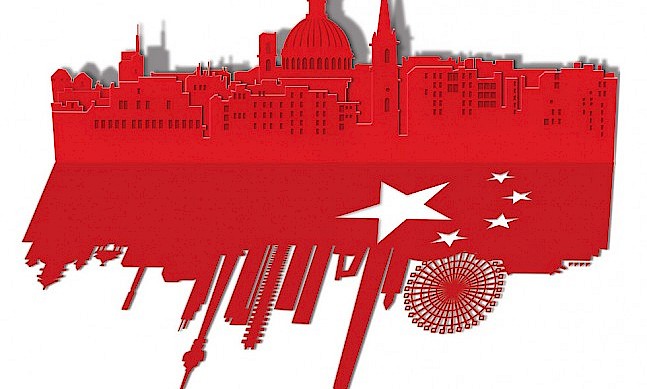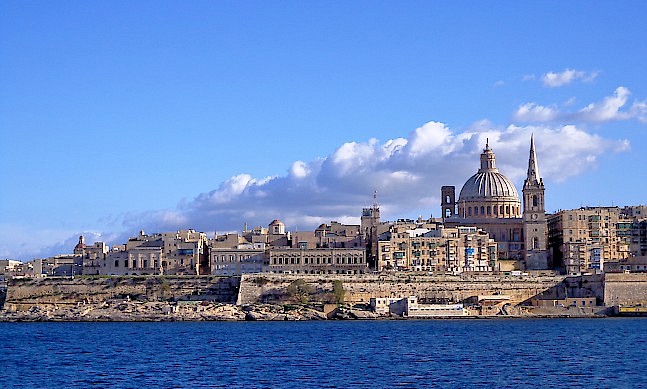Malta was the first EU member state to enact comprehensive legislation on remote gaming in 2004 and is one of the foremost tried and tested jurisdictions in the world. Today, accounting for about one-tenth of GDP and employing around 7,000 employees, the gaming sector is the most dynamic industry in Malta. Joseph Cuschieri, who recently took over as executive chairman of the Lotteries and Gaming Authority (LGA), spoke to The Report Company about the sector and the LGA’s role in regulating and promoting it.
The Report Company: How would you appraise the current situation of the gaming sector in Malta and the activities of the LGA?
Joseph Cuschieri: At the moment, I would say that we are in a pretty good place. The sector accounts for more than 10 percent of our GDP. We’ve got some very big names within our portfolio of companies licensed in Malta and we plan to keep on attracting big names. In fact we have very recently issued a number of licences to BWIN which is one of the biggest names in the remote gaming sector. This is good news for Malta and also for other players operating in Malta.
It’s very important that we create the right environment for the industry to grow and innovate and that Malta remains a jurisdiction of repute whereby both operators and players feel safe and protected. The latter is an area where I want to invest, so that our player protection mechanisms are enhanced and innovated to the point where we become an industry best practice in this area. Consumer protection is high on my agenda! We are also strengthening our anti-money laundering mechanisms and processes relating to due diligence, monitoring and compliance to ensure that Malta remains a serious jurisdiction and we keep the remote gaming sector free from criminal activity.
We are also investing in training and up-skilling, restructuring the organisation, and have just recently put in place a new C-level management team all of whom have a very strong academic background coupled with experiences from different sectors which are not necessarily gaming. We are also taking a fresh look at what we have been doing over the last ten years in order to future proof the organisation for the next ten years because things have changed, technology has changed, consumer needs have changed, the dynamics of the market has changed; there’s more competition, new technology and new types of games so we need to start catering for that.
We now have 400 licenses which are spread over 250 companies and we need to make sure that those licensees are very well served. We are taking a business-friendly and efficient approach in dealing with all our stakeholders so that the sector keeps growing and innovates. Malta launched its remote gaming regulations back in 2004, but today there are other jurisdictions who are competing with us like Gibraltar, Alderney, the Isle of Man, and other European countries who are issuing their own licenses such as the UK and France.
“It’s very important that we create the right environment for the industry to grow and innovate and that Malta remains a jurisdiction of repute whereby both operators and players feel safe and protected.”Post This
TRC: What impact do you predict the EU anti-money laundering directive will have on the sector?
JC: We are in favour of having tighter controls and monitoring with respect to anti- money laundering mechanism and we have nothing against having an EU directive on this topic. Irrespective of the latter, we have our own plans to make sure our anti-money laundering mechanisms are strengthened and fine tuned. There needs to be more scrutiny even at EU level to make sure that the gaming industry remains free from criminal activity. The treaty of the EU provides for freedom of movement and freedom of establishment and we believe that a licensed operator from Malta should be able to use that license in any other EU member state without any restrictions. EU law provides for a company licensed and regulated in Malta with the possibility to offer its services in the whole of the internal market of the European Economic Area without the need of an additional licence from other member states which over the last 10 years has allowed for the growth of this sector in Malta. However, an increasing number of member states are imposing a requirement of obtaining their national licence before an operator can provide gaming services in their country. Now this is only allowed by way of derogation from the freedoms guaranteed by EU treaties in certain cases and should therefore be the exception and not the rule as some member states are claiming. This is creating obstacles for the potential growth of this sector based on the original formula, even if Malta’s regime is solidly based on fairness, integrity and protection of consumers – reasons often cited by the proponents of the national authorisations system which makes one doubt the real motivation behind these restrictions. Our agenda is clearly to overcome these challenges, which we are doing as we speak, and further diversify our product and geographical markets in order to ensure sustainability and growth.
We are contributing to the debate at EU level and I would like to build stronger relationships with other regulators so that we understand each other better because sometimes there are misconceptions. There are discussions which I need to hold with my counterparts in other European markets and at a European level.
This is a challenge. It’s a threat to our industry but I am still positive in the sense that operators who are operating in Malta, do not just stay here because of the tax incentives. They stay in Malta for other reasons, like for example our skills base, sound regulatory environment, political stability, quality ICT infrastructure and educational system. We are also an English speaking country with a sound and transparent legal framework
It’s true that there are these challenges in Europe for Malta but having said that I think if we manage to improve our commercial package and make it increasingly attractive for operators to stay here then this is a challenge that can be overcome. I’m looking at the positive side. I’m seeing opportunities. And those opportunities are up for grabs like for example digital games of skill, social gaming and the Asian market. I want to open up more to the bigger opportunities which exist globally.
“We now have 400 licenses which are spread over 250 companies and we need to make sure that those licensees are very well served. We are taking a business-friendly and efficient approach in dealing with all our stakeholders so that the sector keeps growing and innovates.”Post This
TRC: How do you foresee the opportunities with Asia in this sector?
JC: I think when it comes to Asia there are several opportunities. There are opportunities for Malta in the sense that if China and certain other Asian countries open up to remote gaming for Maltese companies, licensees who are operating in Malta would have access to that market. That would obviously attract more gaming companies to Malta. There is also the possibility of other Asian companies setting up shop here. I was recently in Macau attending an i-gaming convention and there I saw the huge opportunities. I can’t quantify those opportunities yet but it’s definitely a market we’re looking at very seriously.
TRC: Which would be your current priorities for the LGA?
JC: I want the LGA to become more efficient and proactive. The digital world is a very fast paced industry and remote gaming is no less. Over the last few years we have remained stagnant, doing things as we have been doing them for the last ten years and this is not a desirable situation because you risk lagging behind. So my objective is to upscale and reform the LGA, bring in new people, strengthen it, rebrand and also focus on key areas like for example player support and compliance amongst other areas. Player support is an area I am very keen on. Players need to feel safe when they playing on LGA licensed sites. Furthermore, with the creation of the Responsible Gaming Foundation (which is an independent entity from the LGA), it’s functions will be focused on educating and participating in activities promoting responsible gaming which include research and projects aimed at assisting individuals with gambling related addictions. The setting up of the foundation is another step in making Malta a jurisdiction of repute.
My focus is on strengthening Malta’s reputation and positioning us as the world leaders when it comes to remote gaming. I want to invest more in IT and business intelligence, research and strengthening public relations and consultation processes. I want Malta to be a role model in this sector. That is my vision, and that requires investment and people development. We need to engage more in stakeholder management and consultation so that we improve the quality of policy formulation.
“My focus is on strengthening Malta’s reputation and positioning us as the world leaders when it comes to remote gaming. I want to invest more in IT and business intelligence, research and strengthening public relations and consultation processes. I want Malta to be a role model in this sector.”Post This
TRC: How are you working to make Malta attractive to gaming operators, and to retain them once they set up in Malta?
JC: It’s the package that Malta offers that is attractive and the LGA has a big responsibility in that. We need to make sure that we are responsive, proactive, and address the needs of the industry and the rest of the stakehodlers. Our key differentiator should be that Malta becomes a centre of excellence for remote gaming whereby the regulator and all stakeholders are in sync with each other thus creating an eco system which sustains growth, innovation and opportunities.
TRC: How are you increasing opportunities for employment for the Maltese in the sector?
JC: Only 35 percent of the employees in the sector are Maltese. However, Malta’s average wage is half that of the European Union, which presents cost savings to companies if they do employ Maltese people. We are also going to consult with the big players to see what sort of skills they are looking for which they are not finding in Malta and look at how the education system can provide these skills. We need to increase the pool of workers and human capital which the operators can tap into.
TRC: What is your outlook for the future and what do you want to accomplish?
JC: It’s a good starting point that between 2013 and 2014 the number of licensees grew by 8 percent, which is a significant growth. Malta has been predominantly focused on remote gambling. What we are saying now is that we are going to widen the scope to other areas such as digital games of skill. We will also start opening up to other jurisdictions like Asia.
My outlook is very positive. I am very happy with the pace of change we are making within the organisation. We are bringing in new people and investing in business intelligence, resources and capacity building. I think this industry is going to grow and I am looking at double-digit growth here. The future looks bright irrespective of the challenges that we are facing in Europe. If we manage to keep on improving the commercial package of Malta, the GDP contribution of remote gaming will increase. Our priority is to create jobs and investment in the sector.
